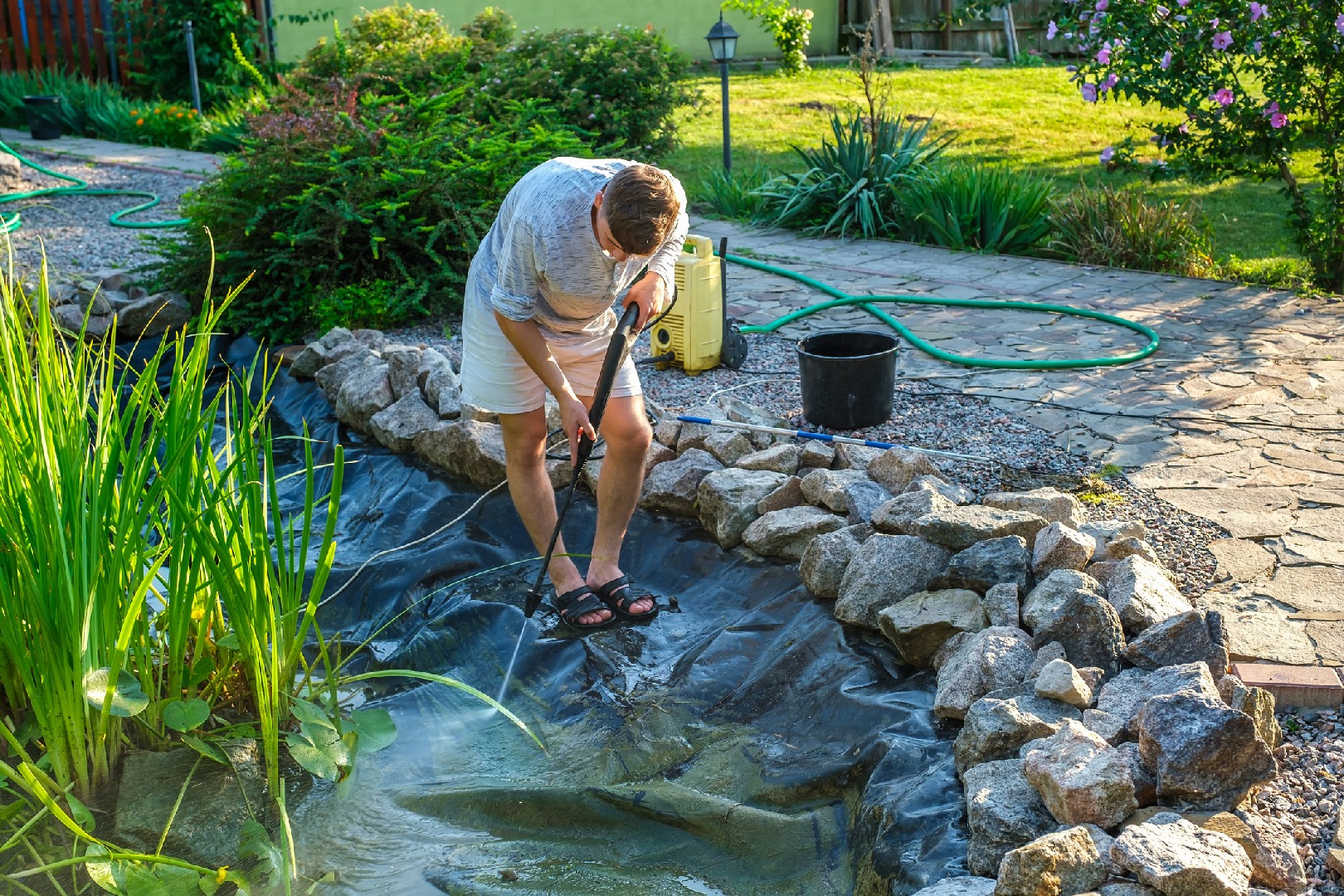![Rectangle]()
Keeping Your Garden Ponds Clear
Maintaining the clarity of your garden pond is crucial for both the aesthetic appeal and the overall health of the ecosystem. In order to achieve crystal clear water, it is important to implement various maintenance techniques that focus on mechanical and biological filtration, as well as the control of algae and pond sludge.
Mechanical filtration plays a significant role in keeping your garden pond clear. Installing a high-quality filtration system will help remove debris, such as leaves, twigs, and other organic matter, from the water. This can be achieved through the use of mechanical filters, such as foam filters or filter pads, which capture and trap solid particles. Regular cleaning and maintenance of these filters are necessary to ensure their optimal performance.
In addition to mechanical filtration, biological filtration is also essential. Beneficial bacteria naturally occur in your pond and are responsible for breaking down organic waste and pollutants. These bacteria convert harmful compounds, such as ammonia and nitrites, into less harmful nitrates. To enhance the effectiveness of biological filtration, you can introduce a bacterial supplement or use a biological filter media to encourage the growth of beneficial bacteria.
To control green water in your pond, UV clarifiers can be employed. These devices utilize ultraviolet light to kill algae cells, preventing them from multiplying and causing excessive turbidity. UV clarifiers are effective at controlling green water, but they should be used in conjunction with proper mechanical and biological filtration for optimal results.
Plants also play a crucial role in maintaining the clarity of your garden pond. Aquatic plants, such as water lilies and iris, not only enhance the beauty of your pond but also help absorb excess nutrients that can promote algae growth. Floating plants, such as water lettuce and water hyacinth, create shade and reduce sunlight exposure, which helps to control algae. Additionally, submerged plants, like hornwort and anacharis, provide oxygen through photosynthesis and compete with algae for nutrients.
Pond sludge is another common issue that can impact water clarity. Sludge is composed of accumulated organic matter, dead plants, and fish waste, which can lead to foul odors and murky water. Regular maintenance, such as manually removing debris and using a pond vacuum, can help prevent the buildup of sludge. Furthermore, adding beneficial bacteria that specifically target sludge can aid in its decomposition.
Preventing the formation of floating algae mats is crucial for maintaining the clarity of your pond. These mats can quickly cover the surface of the water, blocking sunlight and creating an unsightly appearance. To inhibit the growth of floating algae, it is important to limit nutrient inputs by minimizing overfeeding of fish and avoiding excessive use of fertilizers near the pond.
By implementing these methods and practices, you can keep your garden pond water crystal clear and create a beautiful and healthy environment for your aquatic plants and fish. Regular maintenance and proper filtration, along with the use of UV clarifiers, beneficial bacteria, and plants, will ensure the long-term clarity and balance of your pond. Now, you can enjoy the serene beauty and tranquility of your garden water feature to the fullest.





